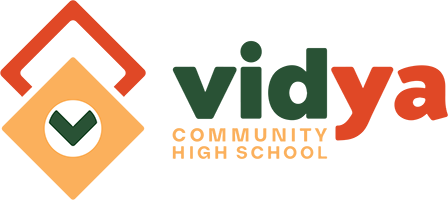We’re sorry to inform you that our school has shut down. We appreciate the support and encouragement of many who tried to make this a successful venture. An already difficult task was made impossibly challenging by the pandemic. At an appropriate time in the future, when we have both adequate funding and committed families, we will again try to offer our community a better option for their kids’ education. Until then. if you have interest or questions, please contact us at info@vidyachs.org.
